{{phone.Value}}
successful admissions
of students enter the university of their choice
students consult Education Index when applying for universites
successful admissions
of students enter the university of their choice
students consult Education Index when applying for universites
Year 1 is aimed at introducing the fundamental principles of all engineering disciplines using energy engineering as a focusThe Energy Engineering Revolution module aims to provide an up to date assessment of the energy industry, using visiting speakers, mini-projects and case studies to address topical issues such as renewable heat incentives, feed-in tariffs and maintenance in the offshore environment. The Engineering Principles module builds knowledge in fluid flow, electricity, structural design and materials. Engineering Practice introduces the design theme and uses it as a vehicle to explore professional practice and ethical codes of conduct. A range of communication techniques including sketching and drawing skills as well as team working are all taught in an energy context. The two mathematics modules consolidate pre-university knowledge and push it a bit further. The engineering mathematics component complements the theoretical work with estimation challenges and energy data analysis using a range of software.
Year 2 builds on the foundations to explore design codes of practice in more depth and uses renewable energy examples to illustrate advanced principles. For example a basic understanding of wind turbine towers includes considerations of drag-induced overturning forces and foundation stability, as well as the aerodynamics of flow past the turbines. A thorough understanding of micro-hydro schemes is developed by analysing pumps and turbines linked to pipe flow and networks, while the study of grid storage pushes the electricity theme further. The important mathematical theme continues to more advanced material including learning programming skills.
Year 3 includes the important element of your individual project. Your supervisor may make suggestions for suitable topics, but essentially this is your chance to become an expert in the area of energy engineering that fascinates you and in which you are likely to work. Industry is keen to see this in-depth study, as many energy engineering degrees can be somewhat superficial in their coverage. At UEA we aim for both breadth and depth in our teaching.



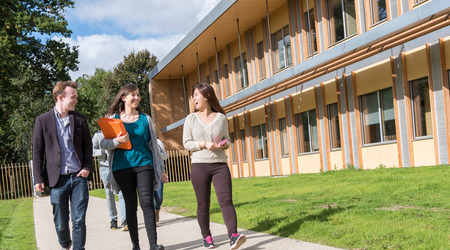
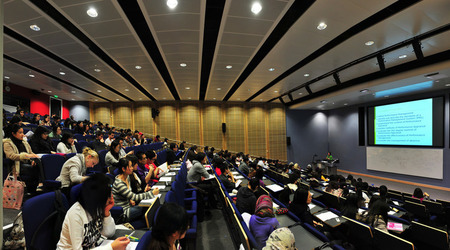
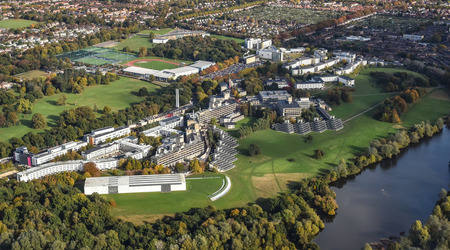
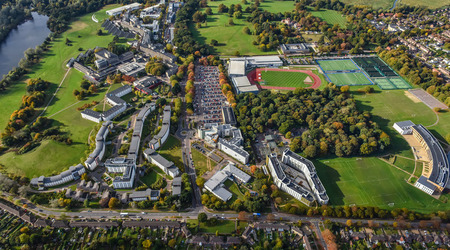
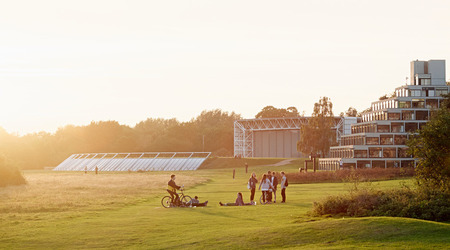
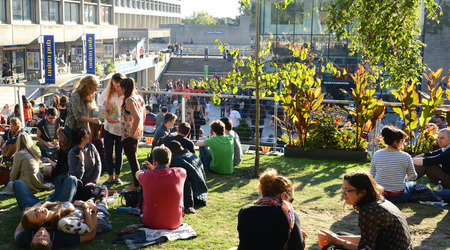
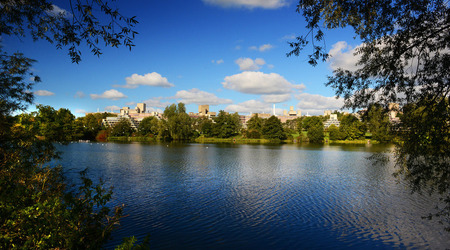

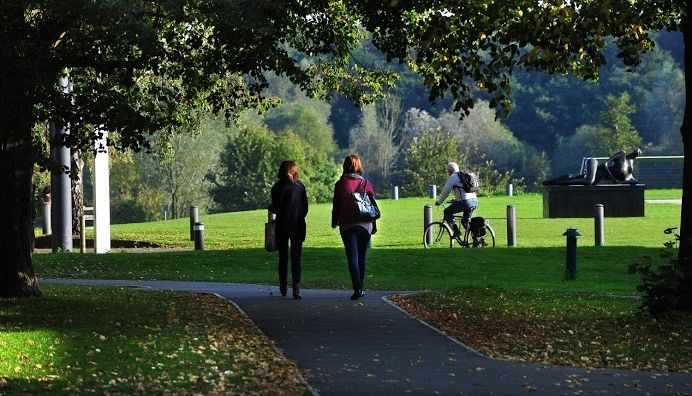
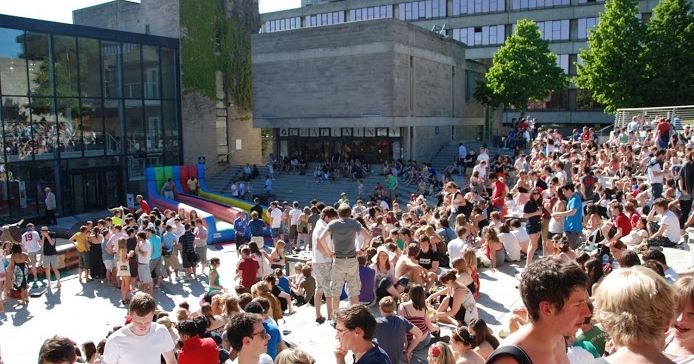
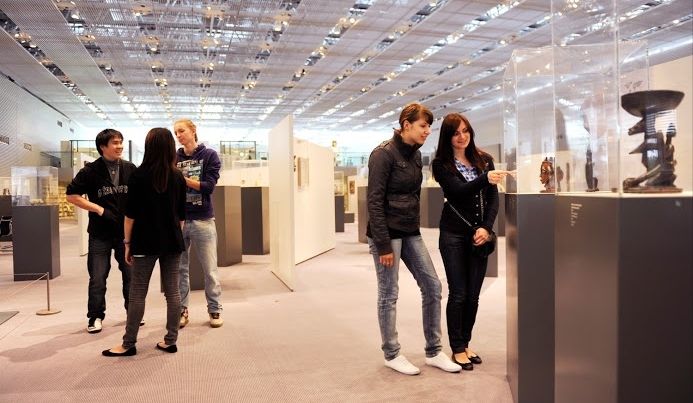
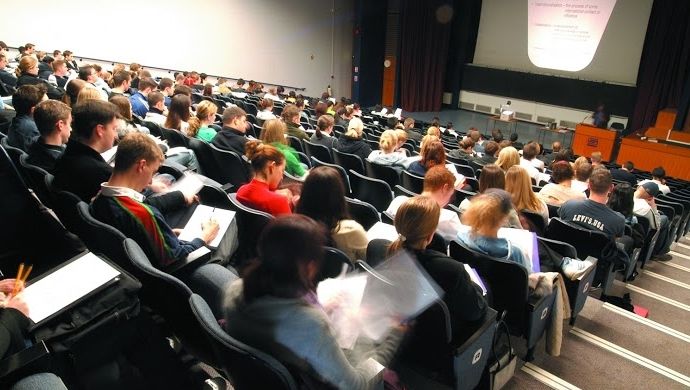
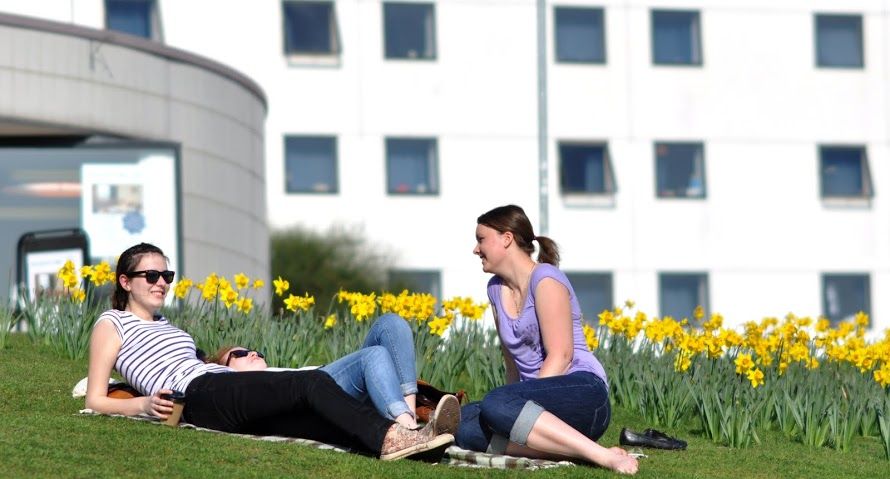
The University of East Anglia is based in the vibrant city of Norwich, located in the east of England. The city is less than two hours by train from London and is a unique blend of historic English architecture and modern design, which creates a dynamic and unforgettable atmosphere.
Norwich is home to eight theatres, five museums, four cinemas, two cathedrals, four music venues and a castle. There are 300 pubs, restaurants and bars,1500 historic buildings as well as modern developments such as The Forum, which is the home of the regional BBC studio and the award-winning Millennium Library.
As a base for exploring Britain, Norwich is just a short journey from Cambridge and other key cities with coaches and trains conveniently connecting you with the rest of the UK. International students are also able to take advantage of Norwich International Airport which is conveniently located 15 minutes from campus.